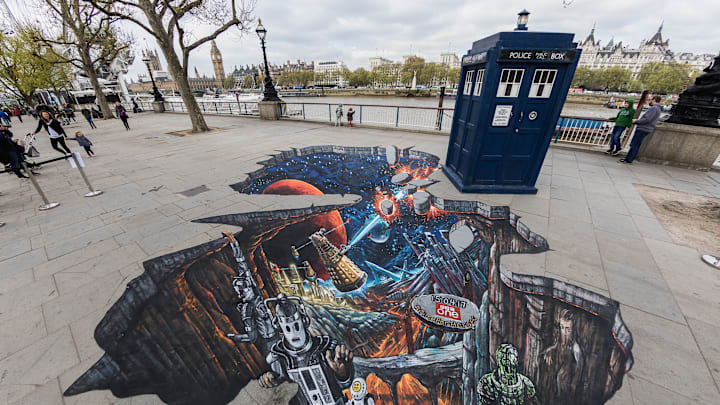The Before Times
In March 1962, the BBC began to consider the idea of making a sci-fi television series. But while there were several notable sci-fi films in the 1950s, they were predominantly American and low-budget. The BBC liked the broad idea, but couldn't seem to latch onto a specific concept.
The main creators were Sydney Newman and C. E. Webber, who drafted a few different pitches. The first concrete idea was a series called The Troublemakers, which would feature a group of characters solving scientific mysteries on Earth. They quickly discarded this in favor of a program titled Dr. Who, but with a very different premise.
To begin with, the lead (Dr. Who) was conceptualized as having lost his memory, which would keep up a long-running mystery about his identity. While that part was maintained, early documents described him as adverse to technology and "somewhat pathetic." Furthermore, the time machine would be completely invisible to the audience.
Despite many differences, they did have elements that lasted, including the breakdown of character demographics (an older man, a younger man and woman who worked at a school, and a teenager from that school). The telephone box quickly emerged, as they needed a clear symbol for viewers to connect to.
Soon enough, they had the elements together. The goal was to have a series that would be enjoyable for children and adults, which could provide education surrounding history and science. Furthermore, they wanted to have a serial style where multiple short episodes could build into larger stories, with nearly any story capable of fitting the structure. They could never have expected just how far that idea would go.
Sources:
